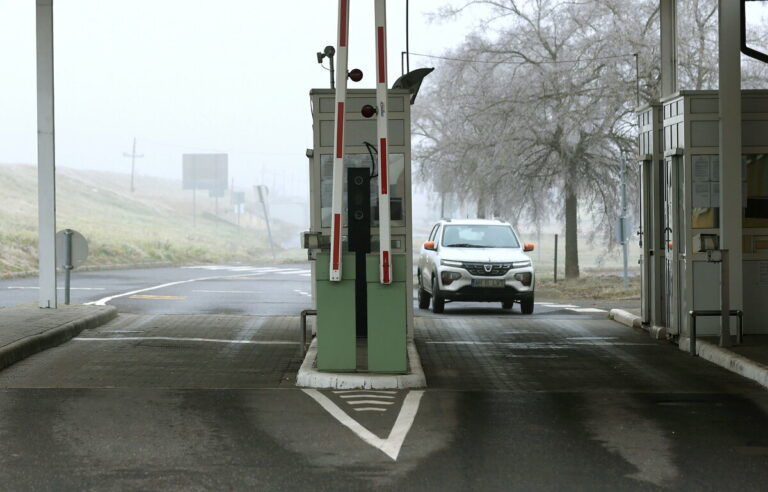Hungarian agriculture
FMD outbreak spurs controls at Hungary–Romania border despite Schengen access

Austria deploys troops to the Hungarian border, Orbán cabinet talks about possible act of bioterrorism

Minister Nagy: Efforts to contain foot-and-mouth disease successful in Hungary, new decontamination points – video

Shocking footage: Red liquid bubbling up from cattle buried after foot-and-mouth disease outbreak in Hungary

Lots of people lost their jobs in Hungary due to disease outbreak

Unbelievable: Hungary, the land of spas, baths, rivers and lakes, is drying out

Agriculture ministry: Post-2028 EU budget must include area-based farm subsidies

Deadly virus detected in Hungary

BREAKING NEWS: Orbán’s cabinet closes Hungary-Ukraine border to Ukrainian agricultural imports

Hungarian farmers’ association: Ukraine’s EU accession would be catastrophic

EU Presidency: Hungarian Agriculture Minister points to importance of farmer-friendly policy after 2027
Campaign promotes Hungarian pork

Orbán cabinet: Relations between Hungary and the UK to further strengthen

Hungarian government presses for effective steps against imports of fake honey in Brussels

Hungarian Agriculture Minister: EU farm ministers to discuss internal market, fishing quotas

Hungarian agricultural reforms drive 6.4% growth in farm exports, minister highlights key markets and increased funding

A ‘betrayal of the countryside’: Hungary’s agriculture minister slams Tisza Party’s call to cut EU grain subsidies

Hungary’s agriculture minister calls for farmer-focused policies at EU meeting





 ZH
ZH IT
IT DE
DE HR
HR NL
NL FR
FR JA
JA RO
RO RU
RU ES
ES TR
TR
